The news this week could easily have led with the deaths of 14 Afghan and Iraqi migrants in the English Channel, drowned as they attempted to reach Britain. In the event this didn’t happen, but only because their boat proved to be so unseaworthy that it capsized before they made it out of sight of the Belgian coast. All were able to swim back to the beach.
This is the reality of people-trafficking: it is a callous industry whose operators care little for the lives of the migrants to whom they charge large sums for the promise of a new life. It is only three months since 39 Vietnamese migrants were discovered dead in the back of a refrigerated lorry at Tilbury. It is luck that has so far prevented a seaborne version of that disaster, but luck will not hold. Sooner or later we will suffer a significant loss of life as a dinghy goes down or is struck by a tanker in the shipping lanes of the Strait of Dover.
Faced with a criminal racket which has killed many people and is threatening to kill many more, UK authorities have a clear duty to do everything possible to stop the smuggling of human beings. Instead, we risk encouraging it. If migrants succeed in landing on British beaches because they have been told they will qualify for an asylum claim — even if they arrive from France or Belgium — then the people-traffickers’ business model is vindicated.
The 1951 UN Convention on refugees is hopelessly out of date. The distinction it draws between a refugee fleeing conflict and economic migrants seeking a better life is irrelevant when both are ready to board the same boats and risk death in the same waters. The desire to seek a better life is one of the most powerful forces in humanity: it once drove tens of thousands of Britons to risk their lives moving to America, and the same logic now propels people towards Europe. The question is how to handle it.
The first duty is to stop playing into the hands of the traffickers. This means refusing to allow an asylum application from any migrant who has travelled from a safe country — in line with international agreements which require those claiming asylum to apply in the first safe country they reach. Yet we rarely do this. Of 1,850 migrants who succeeded in making it across the Channel last year, only 125 were sent back to France. The problem is not that Britain is in any way swamped with migrants, but that failure to police borders will encourage and embolden traffickers, inevitably creating more victims.
The British model should prioritise taking people from displacement camps near conflict zones and war-torn countries, rather than accepting those who pay traffickers. Above all else, we should concentrate our humanitarian efforts close to the source of the problems which are causing people to flee their home countries.
These arguments gained little traction with the 300 peers who this week inflicted a defeat on the government by passing an amendment to the EU Withdrawal Bill, one that would enshrine the right of unaccompanied child migrants to come to Britain to join relatives here. Lord Dubs, who tabled the amendment, argued that it would ‘thwart’ the traffickers, because we would bypass them by taking children directly from other EU countries. But trafficking migrants from the Middle East and North Africa is a two-stage process. The first stage — crossing the Mediterranean — is more dangerous: it resulted in the deaths of more than 1,000 migrants last year alone.
Lord Dubs is respected on the issue of asylum because he himself was a child refugee; he came to Britain on the Kindertransport from Prague in 1939. Indeed, the post-war international rules on asylum were written in response to the persecutions inflicted by Nazi Germany. No one would want to prevent a future evacuation of people whose lives are under threat in the way that the lives of Jews were in central Europe in the 1930s. But a major threat to the lives of migrants attempting to reach Europe now is caused by a misguided approach to asylum — and a refusal to accept that the nature of the problem has changed.
The UK government can be proud of its record on helping the displaced in Syria; it has provided £300 million in aid to address the crisis, more than almost any other European country. We can still do more: we are yet to meet the government’s target of accommodating 20,000 refugees from Syria. It is a small gesture, given the scale of the problem, but still an important one. The government would find it easier to defend its record if it kept its promises.
Throughout the Dubs debate, the government has struggled to explain its policy — which is worrying in itself. This is an important mission that needs clear political leadership. Just as Britain led the way in confronting the slave trade, it should now aim to lead the world in providing a modern response to people-trafficking: a robust border policy, combined with generous international aid. David Cameron had to cave in to his critics because he was unable to defend his policy. Boris Johnson should not make the same mistake.
Got something to add? Join the discussion and comment below.
Get 10 issues for just $10
Subscribe to The Spectator Australia today for the next 10 magazine issues, plus full online access, for just $10.
You might disagree with half of it, but you’ll enjoy reading all of it. Try your first month for free, then just $2 a week for the remainder of your first year.

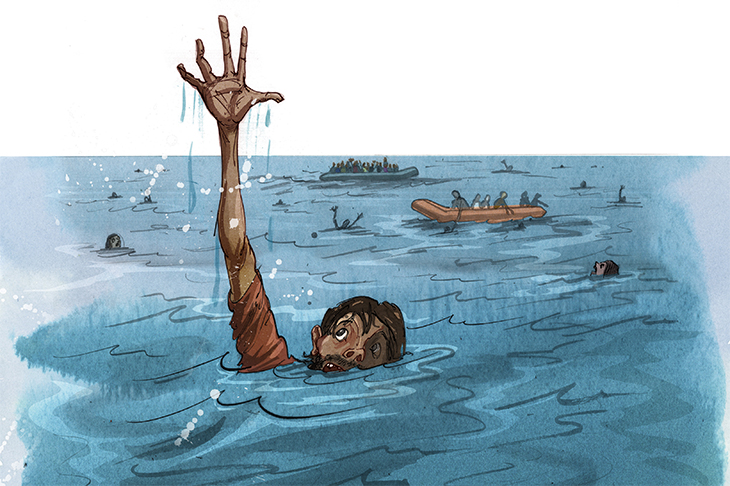
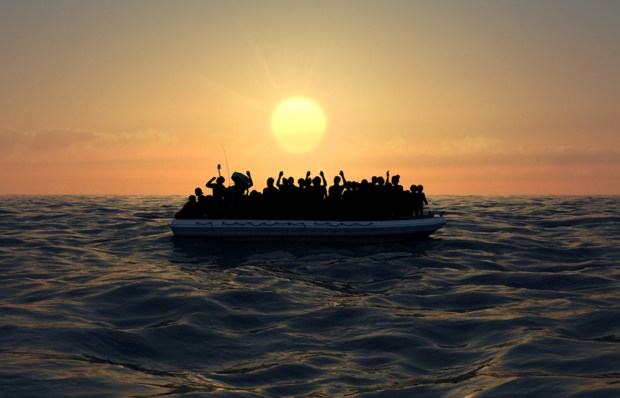


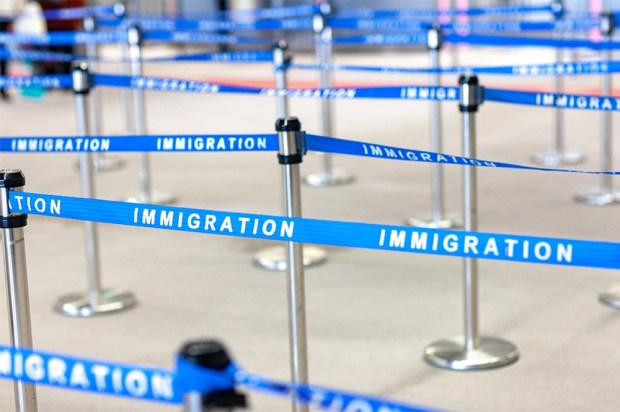
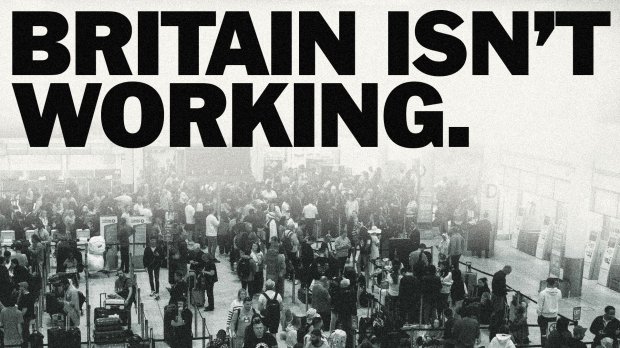
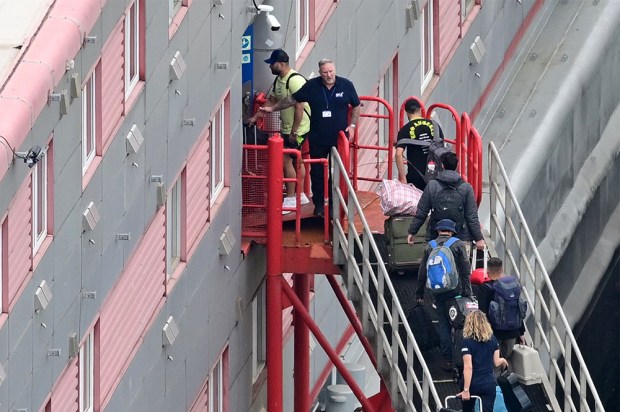






Comments
Don't miss out
Join the conversation with other Spectator Australia readers. Subscribe to leave a comment.
SUBSCRIBEAlready a subscriber? Log in